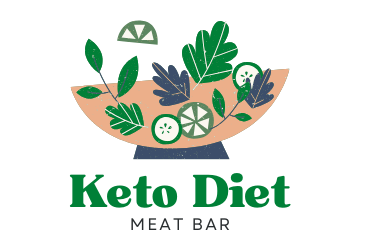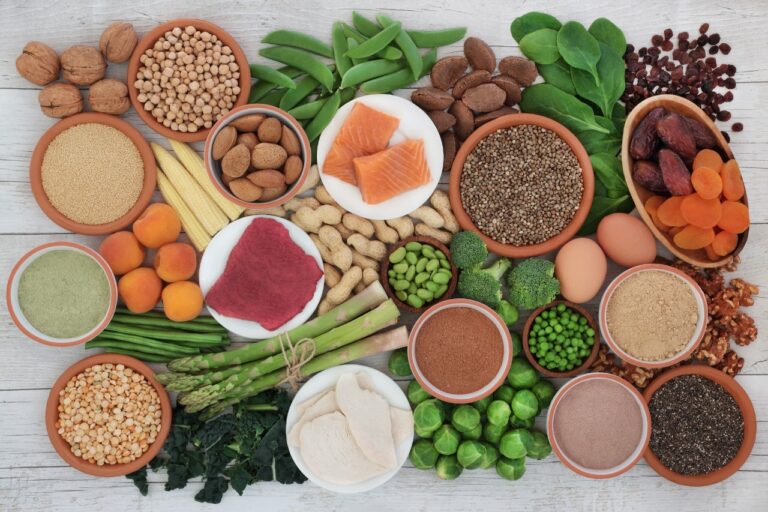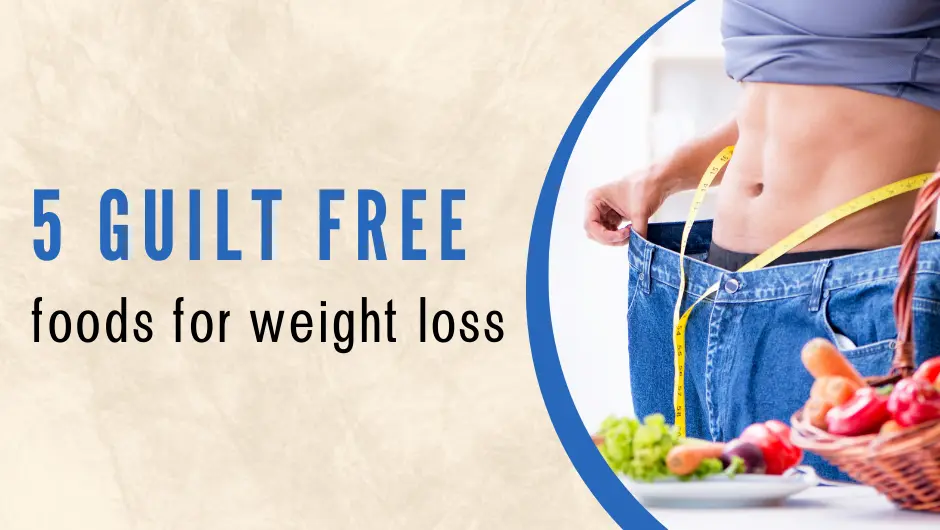Tips for a Guilt-Free Diet: How to Eat Well and Feel Good
In today’s world, the concept of “culpability” in relation to a guilt-free diet is often tied to our eating habits. With various dietary trends, cultural tensions, and conflicting health information, many people experience feelings of guilt surrounding their food choices. Whether you’re enjoying a slice of pizza, indulging in dessert after dinner, or snacking between meals, that nagging feeling of guilt can overshadow the joy of eating.
Truly, food ought to never be a wellspring of culpability. It ought to support, invigorate, and, in any event, give joy. Taking on a virtuous way to deal with eating can change your relationship with food, prompting better well-being and satisfaction. In this itemized blog, we will investigate tips on the most proficient method to develop a righteous eating routine that lines up with your objectives, improves prosperity, and assists you with getting a charge out of eating without pressure.
Why faultless eating matters
A faultless eating regimen implies reconciling with food, getting a charge out of what you eat, and understanding that no single dinner or tidbit characterizes your well-being. At the point when you permit responsibility to rule your dietary decisions, you enter a pattern of limiting, going, and feeling terrible, which can be hurtful both genuinely and intellectually.
Figuring out how to develop a positive, offset relationship with food can:
- Work on your psychological well-being and lessen pressure.
- Support reasonable dietary patterns.
- Assist you with accomplishing long-haul well-being objectives without exceptional measures.
- Increment your general pleasure in feasts.
1. Ditch the eating routine mindset
One of the first steps to a guilt-free diet is letting go of the diet mentality. Many popular diets promote restrictive eating, labeling foods as “good” or “bad” and encouraging a strict reward system. This approach often leads to feelings of disappointment and guilt when you inevitably make a mistake.
Rather than zeroing in on a particular eating routine or attempting to observe unbending guidelines, take on a more adaptable and natural way to deal with eating:
- Stand by listening to your body: Eat when you’re ravenous, and stop when you’re fulfilled. Honor your regular craving signs without adhering to outside guidelines.
- Center around balance: No food is innately “awful.” It’s about equilibrium and part control. Permit yourself to partake in different food varieties without marking them.
- Balance over limitation: Confining specific food varieties frequently prompts indulging later. All things being equal, practice balance. On the off chance that you need a piece of cake, have it—however, eat carefully and partake in each nibble.
2. Practice Careful Eating
Careful eating is a strong method for changing your relationship with food. At the point when you eat carefully, you’re completely present during dinners—relaxing each chomp, appreciating the flavors, and tuning into your body’s appetite and totality signals. It’s tied in with dialing back and turning out to be more mindful of the eating experience.
Here are far to rehearse careful eating:
- Eat without interruptions: mood kill the television, set your telephone aside, and spotlight your dinner. Interruptions frequently lead to indulging or eating out of fatigue.
- Bite gradually: Set aside some margin to completely bite your food. This helps processing as well as assists you with appreciating the flavors and feeling more fulfilled.
- Value your food: Ponder where your food comes from, the way things are ready, and the supplements it gives. Appreciation can move your mentality from responsibility to appreciation.
- Tune into your appetite and completion signs: Figure out how to separate between evident yearning and close-to-home desires. Eat when you’re eager and stop when you’re easily full, instead of when the plate is vacant.
3. Quit marking food varieties as “great” or “terrible.”
One of the strongest advocates for food responsibility is the practice of marking food sources. In many dietary cultures, foods are categorized as “good” (such as salads, lean proteins, and whole grains) and “bad” (like desserts, pizza, and certain carbohydrates). This black-and-white thinking can lead to feelings of guilt when consuming something from the “bad” category, even though no single food can determine your overall health. Embracing a guilt-free diet encourages a more balanced approach, allowing for indulgence without the negative emotions associated with these classifications.
To fabricate an irreproachable eating regimen:
- Consider food to be fuel: All food sources give energy and can be delighted in the right setting. A few food sources might be more supplement-thick, yet that doesn’t mean liberal food sources are forbidden.
- Appreciate treats without responsibility: There is no “awful” food, just food that you appreciate or detest. Having frozen yogurt or a treat doesn’t mean you’ve fizzled; it’s important for a decent eating regimen.
- Balance supplement thick and liberal food sources: Make the greater part of your feast supplement rich by zeroing in on entire, negligibly handled food sources; however, allow yourself to appreciate less nutritious food varieties with some restraint.
4. Center around supplement thickness, not calories.
Rather than fixating on calorie counting, shift your concentration to the dietary nature of the food sources you’re eating. Many individuals partner calories with culpability, particularly when they feel they’ve eaten “too much.” Be that as it may, not all calories are made equivalent—the main thing is the supplement profile of the food sources you devour.
Supplement-rich food varieties are those loaded with nutrients, minerals, and other beneficial supplements in comparison with their calorie content. These food varieties offer more benefits to your body and can assist you with feeling stimulated and fulfilled.
- Pick entire food sources: Focus on vegetables, organic products, lean proteins, solid fats, and entire grains that are normally wealthy in supplements.
- Try not to fear fats: Sound fats, similar to those from avocados, nuts, seeds, and olive oil, are fundamental for satiety and by and large well-being. Embrace them unafraid.
- Quit dreading carbs: Carbs are a significant energy source, particularly when you pick entire, natural sources like yams, quinoa, and vegetables.
5. Appreciate treats and guilty pleasures without overthinking
Denying yourself your favorite food can lead to overindulgence and guilt. The key to a guilt-free diet is allowing yourself to enjoy indulgent treats without fear or overthinking.
- Have a righteous mentality: If you’re eating simple, appreciate it! Try not to mark it as a need that might arise to “work off” later. One guilty pleasure won’t demolish your well-being.
- Integrate treats into your life: If you appreciate chocolate or pastries, plan them into your daily practice in a reasonable manner. This eliminates the feeling of culpability and permits you to appreciate without overdoing it.
- Relish extravagances carefully: When you truly do eat a treat, enjoy it. Eat gradually, and partake in each nibble without hurrying or truly regretting it. This care assists you with feeling happy with more modest bits.
6. Pardon Yourself for “Off Days”
It’s normal to have days when you eat more than planned, indulge excessively, or make less nutritious choices. The goal of a guilt-free diet is not perfection, but consistency. One day of overeating or one indulgent meal won’t derail your overall health or progress. The key is to move forward without guilt.
- Practice self-sympathy: Be thoughtful to yourself when you have an “off day.” Comprehend that food is intended to be delighted in and that one dinner doesn’t characterize your general well-being.
- Relinquish culpability: Keep away from the snare of “rebuffing” yourself for eating something liberal by limiting your admission or overworking out. These ways of behaving just propagate the pattern of culpability and limitation.
- Refocus: Following a day or feast that didn’t line up with your objectives, basically return to your typical daily practice. Good dieting is a drawn-out propensity, not a win-big-or-bust approach.
7. Prepare, Yet, All the same, be Adaptable.
Organizing your meals and snacks can help you maintain a balanced and guilt-free diet while reducing the stress of making decisions on your own. When you have a plan in place, you’re less likely to make impulsive food choices that may lead to regret later. However, it’s also important to stay flexible and not be too rigid with your plan.
- Dinner prep: Plan adjusted feasts and bites quite a bit early so you’re less inclined to go after handled or quick food sources when you’re eager.
- Keep solid bites close: Stock up on supplement-rich tidbits like natural products, nuts, yogurt, and veggies, so you generally have something faultless to get when a craving strikes.
- Be adaptable: Life occurs, and here and there plans change. Assuming that you wind up eating something beyond your arrangement, it’s alright. Adjust to the circumstances and partake in the second without responsibility.
8. Focus on In general Health Over Flawlessness
A faultless eating regimen is tied in with accomplishing equilibrium and zeroing in on generally speaking prosperity as opposed to fixating on every feast. Rather than taking a stab at flawlessness in your eating routine, center around how your dietary patterns add to your general well-being, satisfaction, and personal satisfaction.
- Center around long-haul propensities: Building a sound way of life takes time. Little, reliable propensities will prompt long-haul achievement while pursuing flawlessness can prompt burnout and culpability.
- Celebrate non-food parts of wellbeing: Actual work, rest, stress on the board, and close-to-home wellbeing are similarly all around as significant as the food you eat. Supporting these regions can prompt a more adjusted and irreproachable relationship with food.
- Partake all the while: Embrace the excursion toward a better way of life without focusing on the ultimate objective. At the point when you bury the hatchet with food, eating turns into a cheerful piece of life, not something to fear.
Conclusion: Let Go of Food Responsibility
Accomplishing an irreproachable eating routine is tied in with embracing a reasonable, natural way to deal with eating. There’s no need to focus on probation or flawlessness, but on going with decisions that sustain both your body and brain while permitting space for adaptability, pleasure, and extravagance.
By following these tips—dumping the eating regimen attitude, rehearsing careful eating, and permitting yourself the opportunity to appreciate food without responsibility—you’ll change your relationship with food into one that is feeding, reasonable, and liberated from the gloomy feelings that frequently go with eating.
Keep in mind: food isn’t the adversary. It’s quite possibly life’s most prominent delight, and you have the right to appreciate it faultlessly!
Want to dive deeper into the keto diet? Discover all the essentials and benefits right here.



